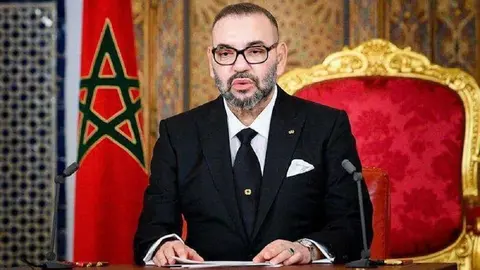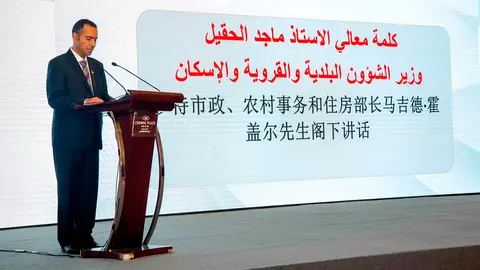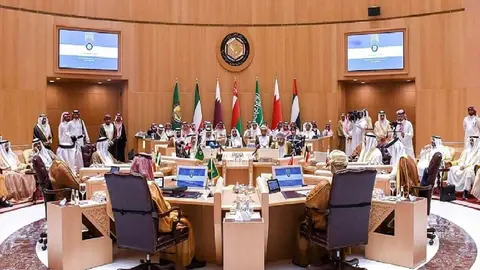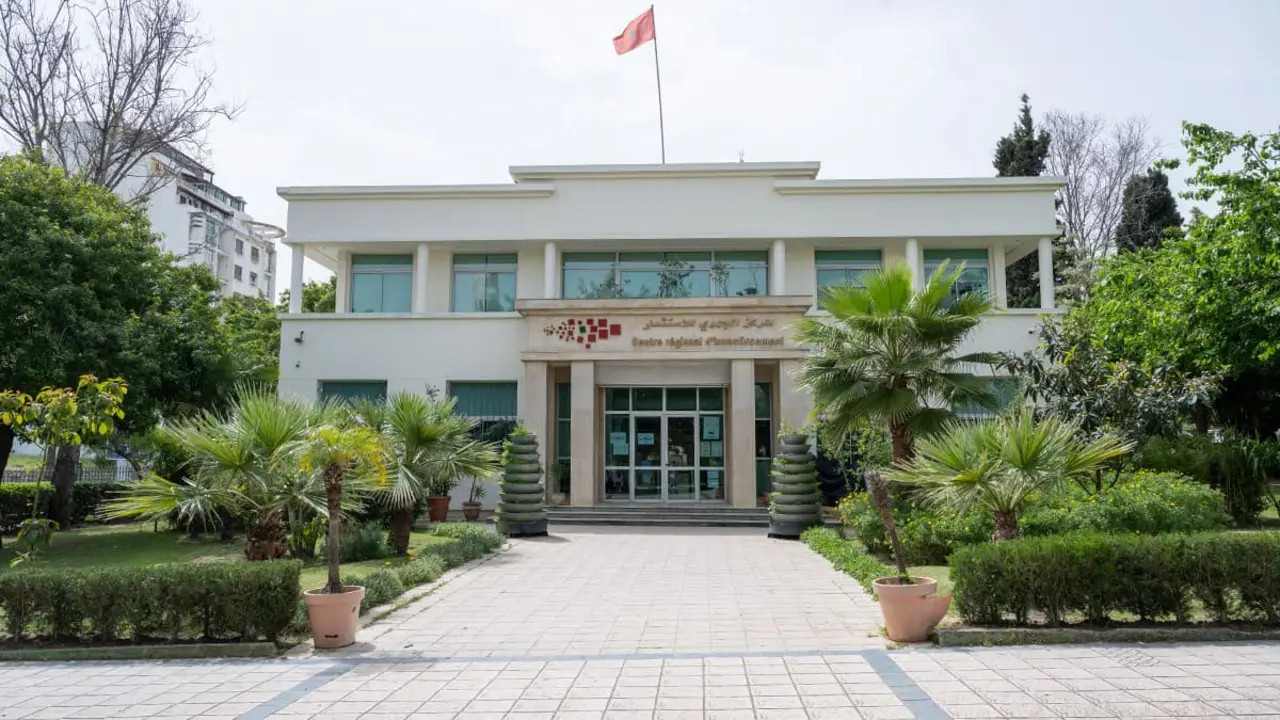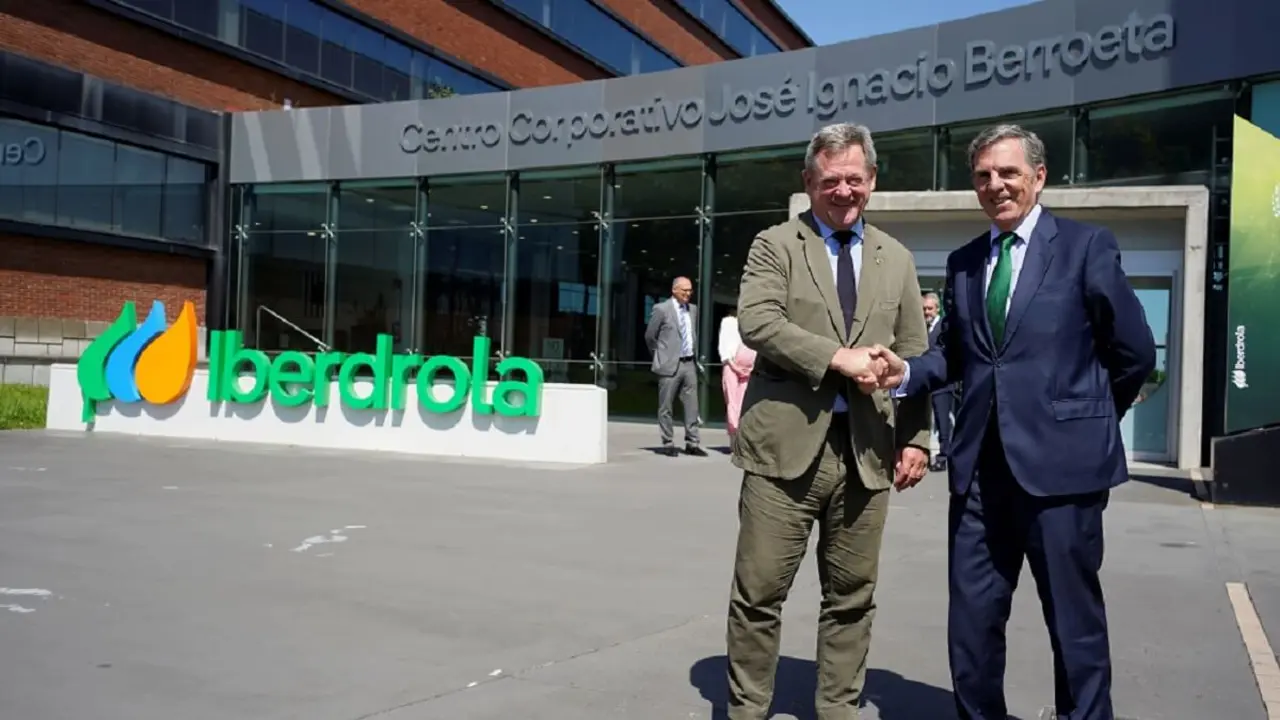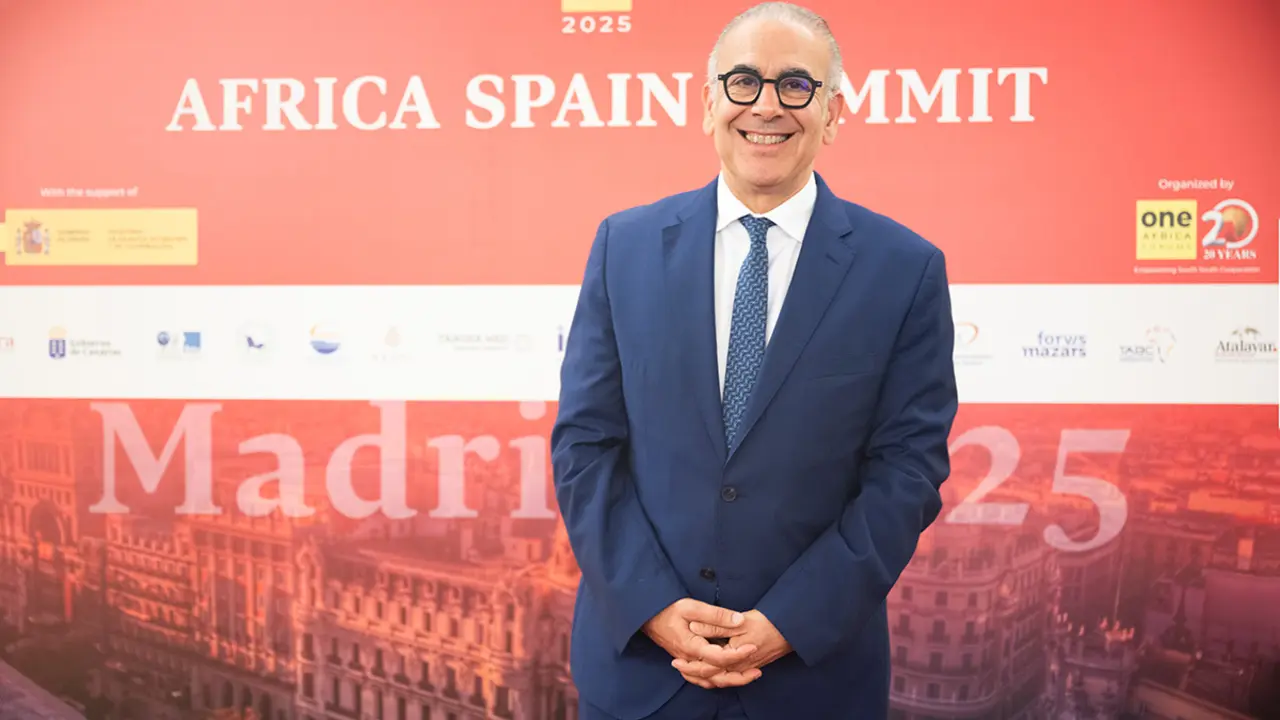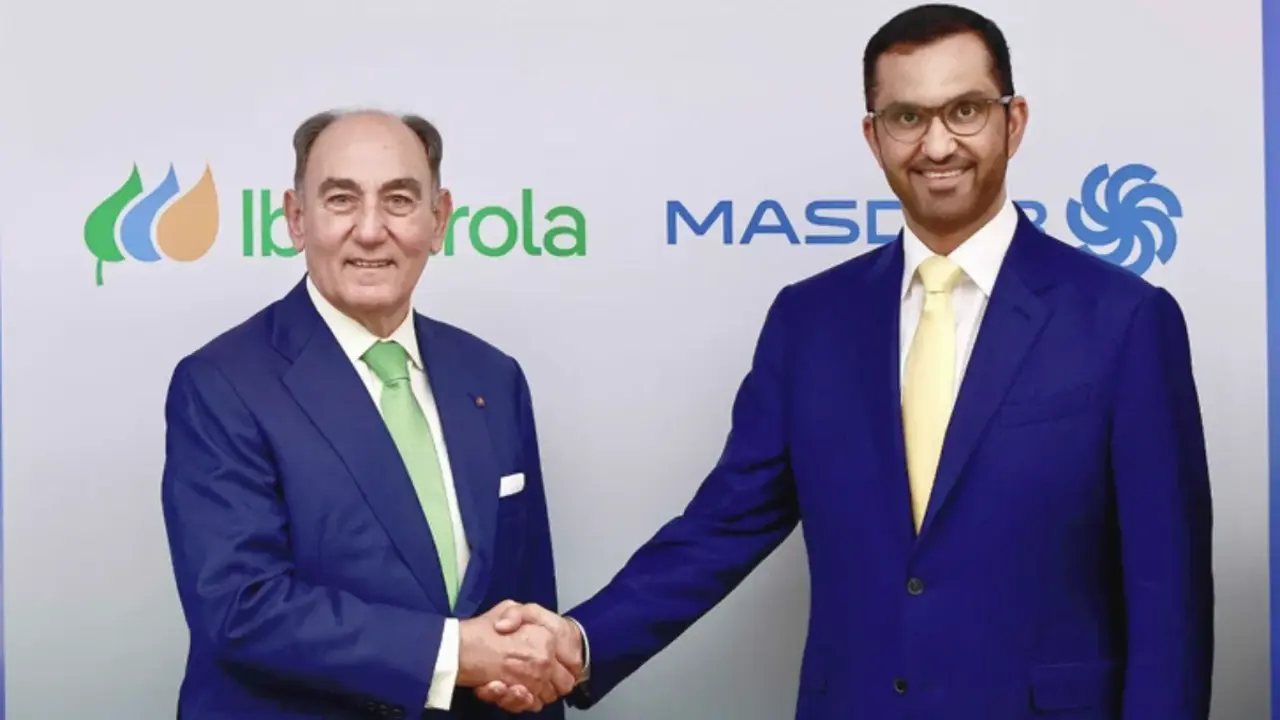Saudi Arabia launches $200 million fund to transform research into productive economic innovation

On Sunday, Crown Prince Mohammed bin Salman unveiled a SR750 million ($200 million) investment fund for early investments in local and international high-tech companies, according to a tweet from the Saudi Press Agency.
HRH the Crown Prince launches KAUST's new strategy, which aims to transform research into economically productive innovations by focusing on the national priorities for research, development, and innovation.https://t.co/yvZ8UnnFcR#SPAGOV pic.twitter.com/yEqS7Zia05
— SPAENG (@Spa_Eng) August 20, 2023
The initiative is part of the strategy announced for King Abdullah University of Science and Technology, which seeks to transform research into economically productive innovations. It will focus on national priorities for research, development and innovation in the key areas of health and wellbeing, environmental sustainability and energy and industrial leadership.
By strengthening KAUST's partnerships with the private and public sectors, this strategy will contribute more broadly to achieving the objectives of Vision 2030. “Since its foundation, KAUST has distinguished itself through its research, innovation and faculty, to become one of the world's leading research universities. The new strategy builds on KAUST's scientific and academic achievements and represents a new era for the University, helping it to become a beacon of knowledge and a source of inspiration and innovation in line with the aspirations of #SaudiVision2030 for the betterment of the Kingdom and the world,” said the Crown Prince.
HRH the Crown Prince said: "Since the foundation of KAUST, it has distinguished itself with its research, innovations, and faculty, to become one of the leading research universities in the world. The new strategy builds on KAUST's scientific and academic achievements and…
— SPAENG (@Spa_Eng) August 20, 2023
To implement this new strategy, Saudi Arabia has put in place three major initiatives. The first is the launch of the National Transformation Institute for Applied Research, which will aim to accelerate the development and commercialisation of technologies to support the Kingdom's economic diversification aspirations. The second is the restructuring of research centres to align them with national research, development and innovation priorities. The last is the creation of a 200-million-dollar fund to provide unmet investment in local and international companies specialising in high technology. The ultimate aim is to strengthen economic diversification and create new high-quality technical jobs.
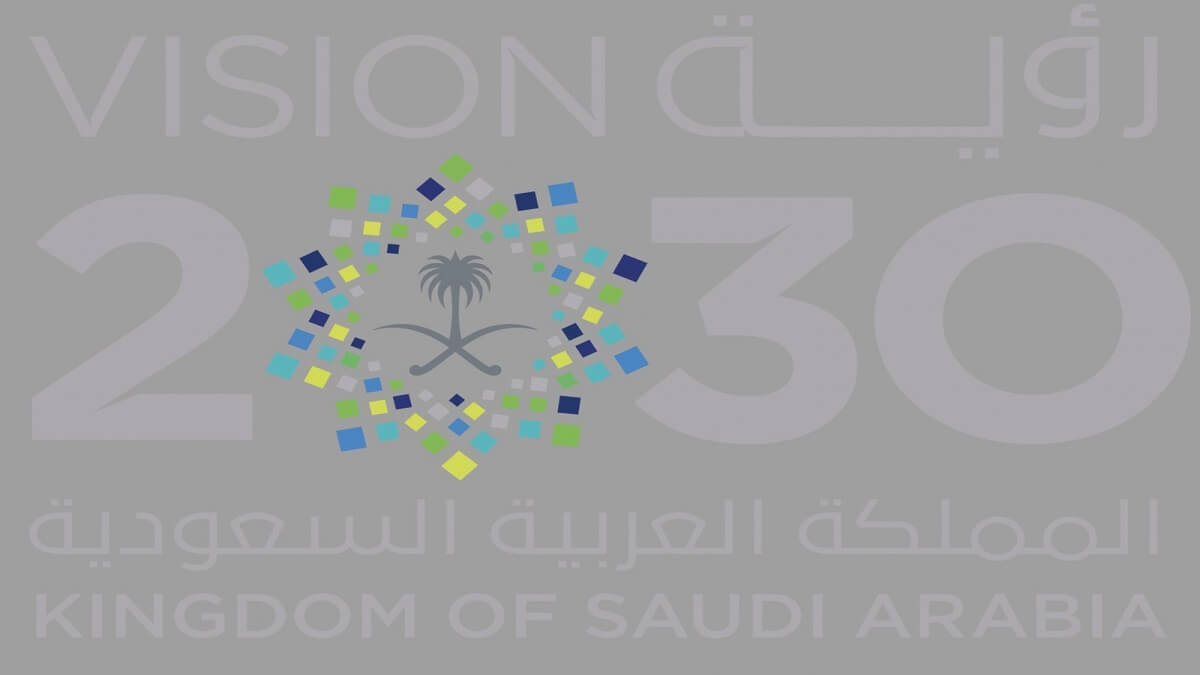
By strengthening international and local partnerships, this strategy will also offer researchers, faculty members and students the opportunity to use their research to create a lasting global impact. For example, the KAUST Reefscape Restoration Initiative, in partnership with NEOM, will focus on the cultivation and restoration of hundreds of thousands of coral reefs over an area of 100 hectares on Shushah Island in the Red Sea.
Through KAUST, Saudi Arabia aims to strengthen international partnerships and develop cooperation frameworks with the world's leading academic institutions and technology pioneers. It will therefore continue its collaboration with companies such as Aramco, SABIC, ACWA Power, IBM, Dow and Boeing, while concluding strategic cooperation agreements with academic and commercial institutes. This is illustrated by the agreements signed in the Chinese city of Shenzhen to collaborate on applied research in cutting-edge fields such as aerospace, robotics and microelectronics.

According to the Saudi Press Agency, the KAUST initiative will strengthen the competitiveness of the Kingdom's economy and its global position as a leader in innovation. According to Adel Belcaid, Partner and Head of the Middle East and Africa Telecommunications, Media and Technology practice at Kearney Middle East and Africa, “this initiative comes at the right time in the Kingdom's rapid journey towards achieving Vision 2030 and building a diversified, knowledge-based economy that benefits from, but is not dependent on, hydrocarbon resources”.

